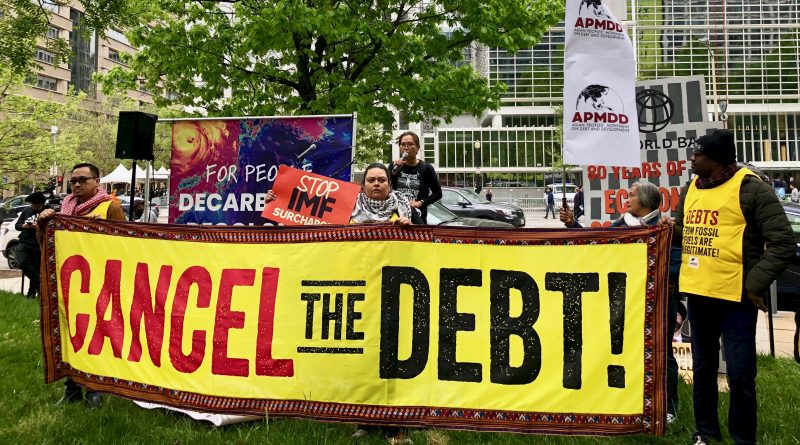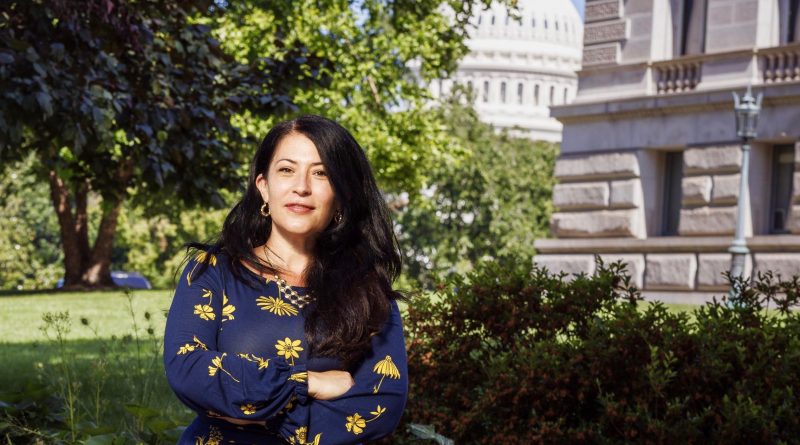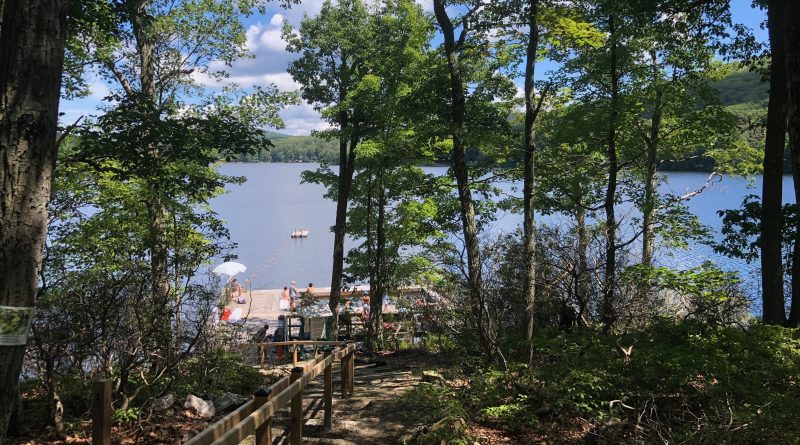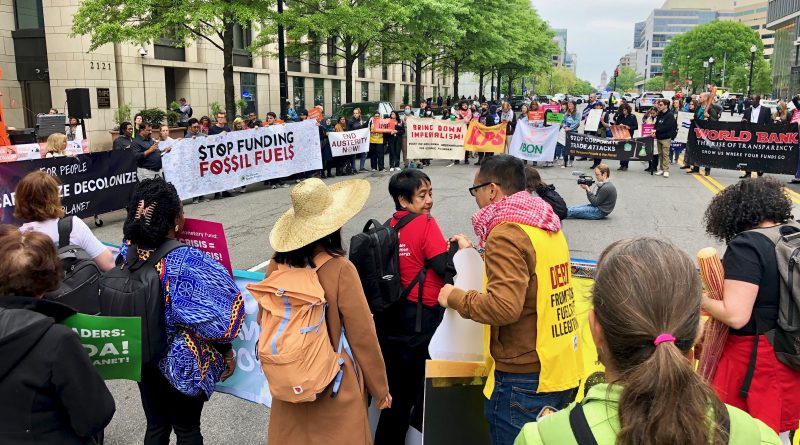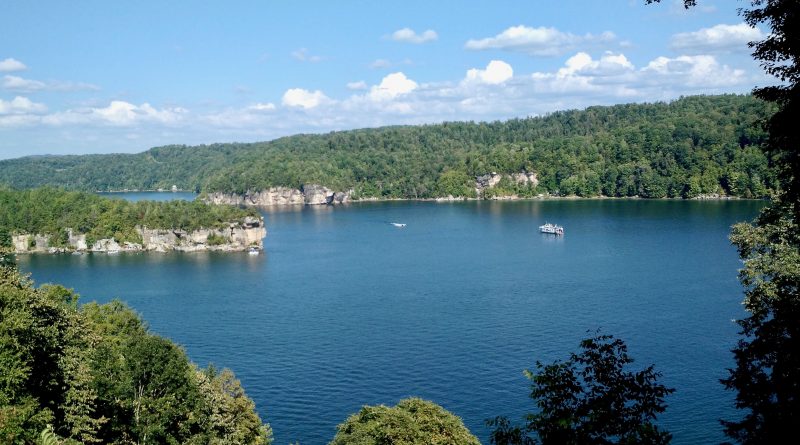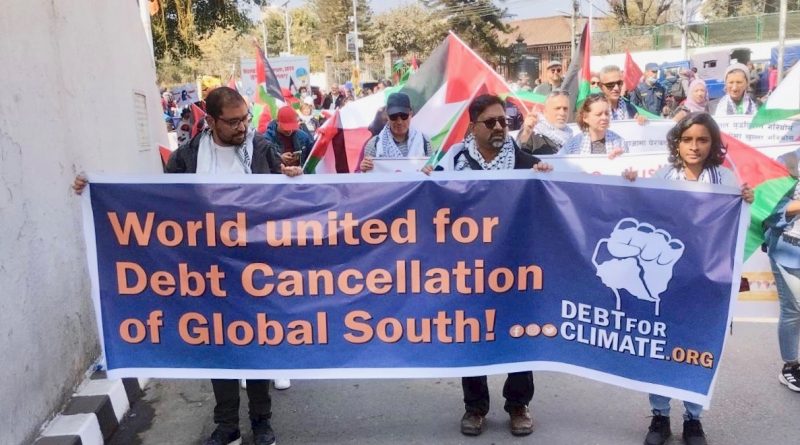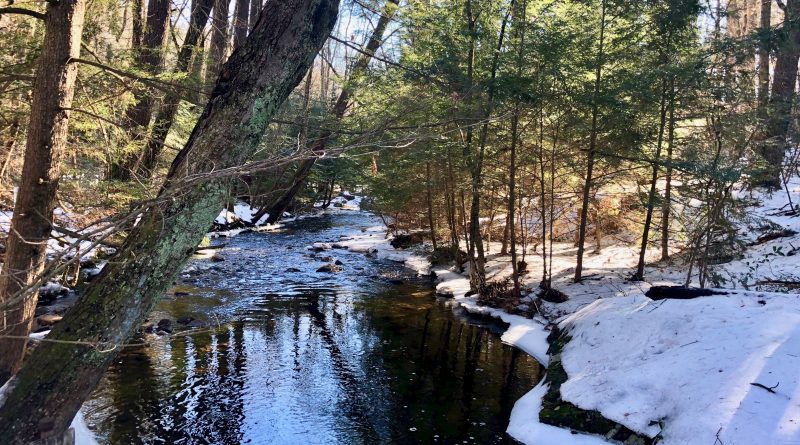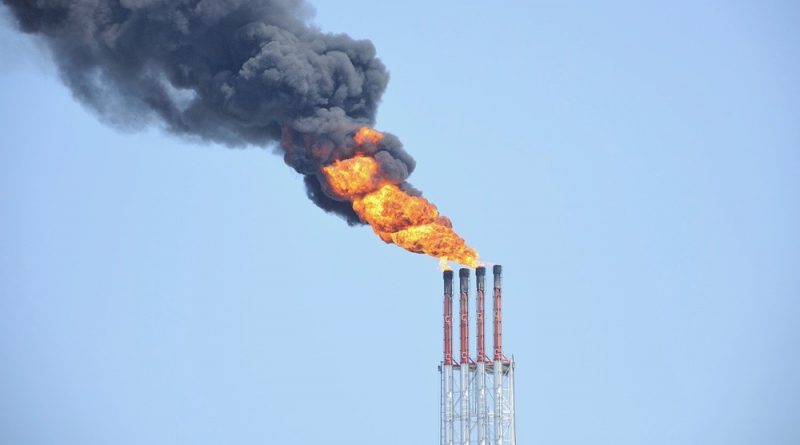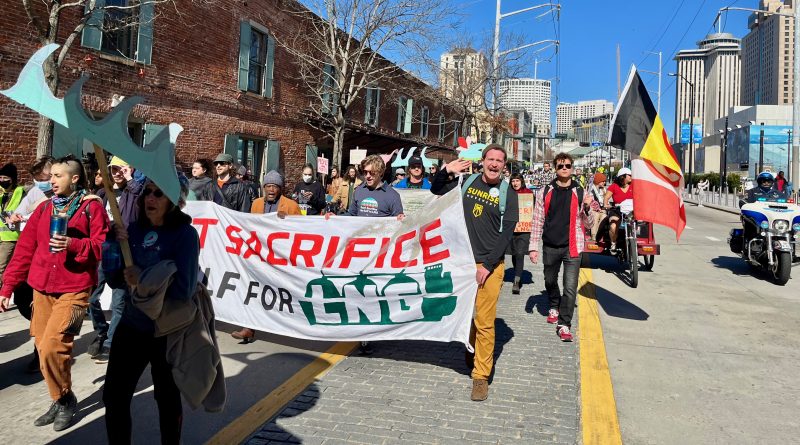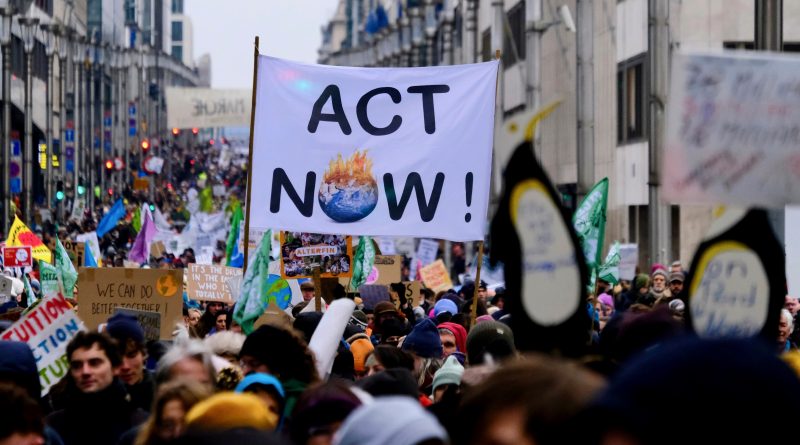Who is benefiting: Neo-colonialism and climate finance
It has recently been reported that in 2022 the wealthy nations finally met their commitment to provide $100 billion per year in climate finance to the nations of the Global South. This might appear to be cause for celebration, but there is a not-so-pretty side to this story as well.
In 2009 the wealthy countries agreed that by 2020 they would provide the less wealthy nations with $100 billion per year to support climate action. That goal was reaffirmed in the Paris agreement in 2015. There are two major reasons for this aid to go from the wealthy Global North nations to the lower-income Global South nations.
1. The climate crisis has primarily been caused by the emissions of the wealthy nations while the major burden of its effects have been borne by the lower-income nations. This aid is essentially payment for having harmed the Global South nations. It is a debt owed by the Global North nations. (The wealthy nations have never agreed to put this rationale in writing, but the moral obligation is clear.)
2. Humanity will not be able to solve the climate crisis unless….
